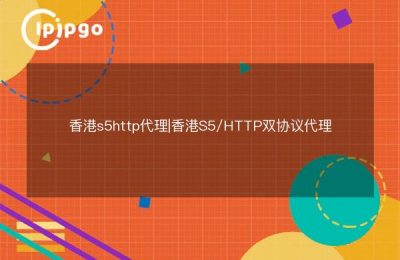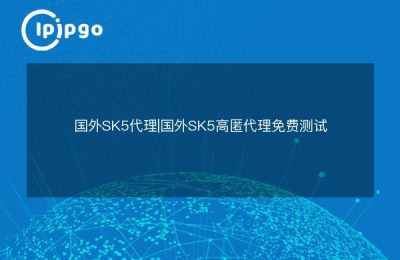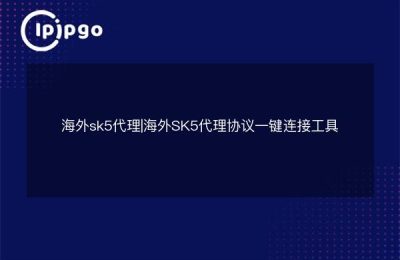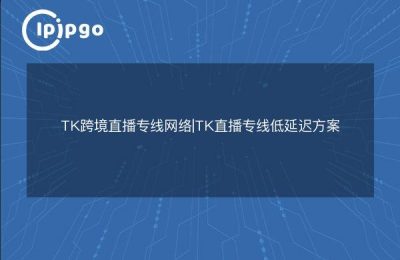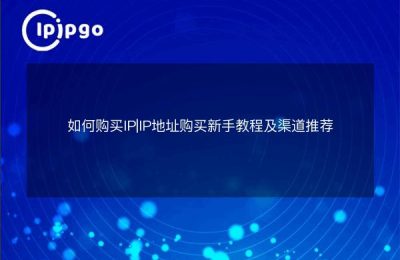
How Real Family IPs Avoid Amazon Store Affiliations
Running multiple Amazon stores is the biggest fear of being recognized as associated by the platform, and the online environment ofIP addressis a key indicator of detection. Ordinary proxy IPs are easily identified as data center IPs, increasing the risk of correlation. ByFamily home IP provided by ipipgoThe IP address of each store is bound to an independent real home network IP, which simulates the real user's online environment and reduces the probability of correlation from the source.
Set up a separate IP environment in three steps
1. Store group segregation: Categorize different stores by country/region, e.g. US stores are bound to US IPs, German stores are bound to German IPs. via ipipgo backendPrecise IP region filtering functionThe residential IPs can be directly localized to specific cities.
2. Browser Fingerprinting Isolation: Cooperate with IP switching and use different browser profiles (e.g. Chrome multi-user feature) to avoid leakage of correlation information by parameters such as time zone, language and resolution.
3. IP Stability Management: Long-running stores are advised to use ipipgo'sStatic Residential IPThe fixed IP address avoids frequent changes to trigger wind control; short-term promotional stores can use dynamic IP to switch on demand.
Dynamic vs. static IP usage scenarios
Dynamic Residential IPFit:
- Initial testing phase for new stores
- Advertisements requiring multi-region IP switching
- Sudden batch operation requirements (e.g., emergency retroactive evaluation)
Static Residential IPFit:
- Long-term binding of core stores
- FBA inventory management and other daily operations
- Sensitive operations such as brand filing
ipipgo supports two modesone-touch switchingand all IPs are dialed through a live home network to ensure IP pool purity.
Detailed tips to avoid IP exposure
1. DNS leakage protection: Check that the proxy settings cover system-level traffic. ipipgo clients enable DNS protection by default to prevent leakage of real network information.
2. automatic time zone synchronization: System time is automatically adjusted to Pacific Time when selecting a US IP (can be turned on in the ipipgo parameter settings).
3. IP blacklisting: In the "IP History Report" in the ipipgo backend, you can check if the IP has been used by other Amazon accounts.
Frequently Asked Questions QA
Q: Can a residential IP log into multiple Amazon accounts at the same time?
A:Absolutely not!Even if you use a residential IP, multiple accounts logged in from the same IP will still be determined to be associated. Each store must use a separate IP + separate browser environment.
Q: How can I detect if my current IP is flagged by Amazon?
A: In ipipgo's "IP Checkup" function, enter an IP address to check whether the IP has triggered an Amazon Risk Control record in the past 30 days.
Q: How often does the IP need to be changed?
A: Static IPs are recommended to be used for at least 6 months, while dynamic IPs can be replaced according to the task cycle. ipipgo's IP survival cycle is up to 12 months, which far exceeds the industry average.
Why choose ipipgo?
Unlike regular server room IPs, ipipgo's90 million+ residential IP libraryCoverage of global home broadband with full HTTP/Socks5 protocol support through thethree-tier IP rotation mechanism::
1. Base rotation: automatic IP replacement on a time-cycle basis
2. Triggered rotation: active switching in case of validation encounters
3. Manual intervention rotation: manual marking of suspicious IP immediately offline
This design ensures operational efficiency while maintaining maximum account security. Register now to receiveTest IPVerify the effect.

